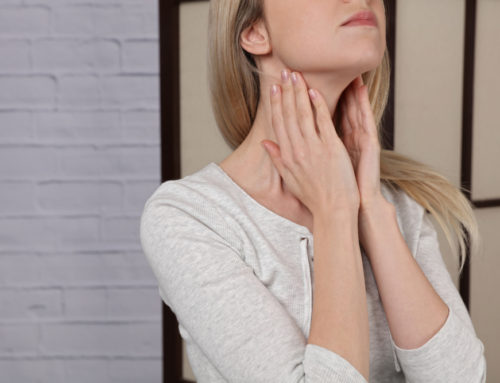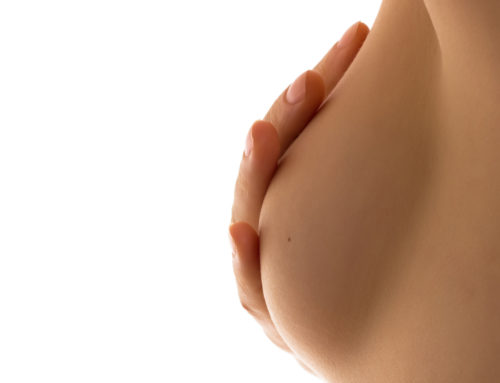 1. Nourish the body and balance blood sugar with nutrition
1. Nourish the body and balance blood sugar with nutrition
2. Balance Hormones with diet, herbs, and supplements
3. Nurture Yourself – You deserve it!
4. Address unexpressed feelings and your need for support

There has been recent media attention to the severity of postpartum depression following the tragic death of Winnipeg mother, Lisa Gibson and her two children. A study recently published in the Canadian Medical Association Journal found that women living in urban areas of greater than 500,000 people were more likely to experience postpartum depression with social support being cited as one important factor.
Depression following birth can range from the ‘baby blues’ to postpartum depression to the more serious postpartum psychosis. Around 80% of women will experience some form of baby blues following delivery up to two weeks. 10-15% will go on to experience something more severe.
Individuals who are at risk include those with the following issues:
- History of depression or postpartum depression
- History of moderate to severe PMS
- Family history of postpartum depression
- Traumatic experience during birth
- Sleep deprivation
- Lack of marital support
- History of abuse
- Poor relationship with close family members particularly a parent
- Lifestyle stress
- Lack of emotional and social support after birth
- Hormonal imbalance in the thyroid gland, with progesterone or estrogen
Depending on the severity of a woman’s condition, conventional medical treatment may be necessary and should be sought out immediately. However for milder forms of depression there are many naturopathic therapies that can help prevent (during pregnancy) and ameliorate depressive symptoms after birth.
1. Nourish your body and balance your blood sugar with nutrition
- Improve vitamin and mineral status: during pregnancy and breastfeeding, the growing baby places a high demand on the mother’s nutrients. A woman can become quite deficient in B vitamins, magnesium, calcium, iron and fatty acids to name a few. Replenishing these nutrients through foods and supplementation is necessary. Ideally this should be supported throughout the pregnancy
- Balance blood sugar: Many people are influenced by the ‘Standard North American Diet’ that emphasizes simple sugars, excess carbohydrates and low fiber consumption. This can lead to simple imbalances in blood sugar that cause or aggravate depression, anxiety and mental-emotional well being. Pregnancy can further aggravate the body’s blood sugar balance. Learning to eat a diet that is low in glycemic index and promotes balance blood sugar can go a long way to alleviate depression and anxiety. Getting our glucose metabolism in check can also help to balance out other hormones that are out of whack postpartum.
2. Balance Hormones with diet, herbs and supplements
- Post-pregnancy our hormones fluctuate right up until we stop breastfeeding or get our first menstrual cycle. A woman’s mood can change at any point during this time. Having a naturopathic doctor to closely evaluate which hormonal system is out of balance can be helpful
- Changes in thyroid activity or elevations in thyroid anti-bodies can often be a culprit in post partum depression. There are natural herbs ranging from gentle Lemon Balm or Rosemary to stronger herbs that require close supervision that can help restore the thyroid gland balance. There are also specific vitamins and minerals that are crucial to thyroid metabolism which may need to be supported
- Imbalances in estrogen and progesterone are natural after birth. There are several herbs that can help to re-establish balance. Alternatively, bio-identical hormone therapy for a short period of time can be of help.
3. Nurture Yourself – You deserve it!
- Rest: Sleep can be a tricky postpartum – especially in the first month. Some women experience postpartum insomnia. Asking for support from loved-ones or even hiring someone to care for your baby while you get much needed rest is essential. There are also supplements and herbs that can help to promote sleep including magnesium, 5HTP and St. John’s wort.
- Exercise: Movement is undoubtedly one of nature’s best anti-depressants as it helps to release powerful endorphins and helps to naturally balance blood sugar. Begin a daily walking program of 30 minutes to 1 hour. Or consider a yoga class.
- Relax: Schedule a massage, acupuncture session or other manual therapy to help relax your muscles, mind and nervous system. Allow the therapeutic effect to support your body and mind.
- Consider Light therapy: 90minutes of exposure to a light box or sunlight can help to improve mood and increase natural levels of vitamin D. This is best done in the morning
- Connect back to yourself: Having a child is life changing. If this transition is difficult consider mindfulness activities such as meditation or seeking out an experienced counselor to talk with.
4. Address unexpressed feelings and your need for support
- Any discussion of postpartum depression would be incomplete without mentioning the need for women to deal with emotional issues around birth and motherhood. This can include issues with their own mother or feelings of grief around loss of freedom. Some women feel guilty and won’t express these feelings which can worsen their situation. Some postpartum depression requires deep introspection and exploration.
- Deal with pre-existing depression: Naturopathic therapies are broad in their ability to support a person through depression and support brain chemistry such and amino acids, fish oils or neurotransmitter precursors. Herbal medicines can also be quite effective. Food sensitivities are also a large culprit in depression.
- Ask for support: Women with more support are less likely to develop depression. Learn to ask for help or if needed – hire help.
Check out the following resources for more information:
- http://www.cmaj.ca/content/early/2013/08/06/cmaj.122028)
- What to Expect – The First Year. Heidi Murkoff
- Women’s Bodies, Women’s Wisdom. Dr. Christiane Northrup, MD.
- The Complete Natural Medicine Guide to Women’s Health. Dr. Sat Dharam Kaur, ND.





